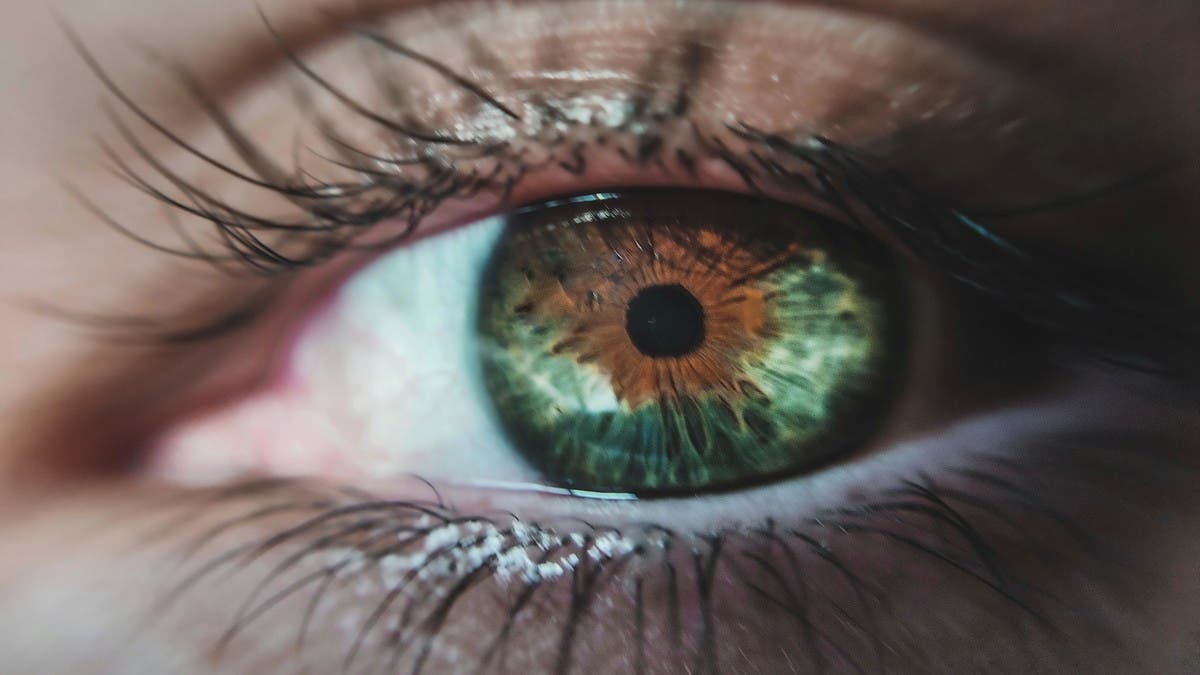The health of your eyes may have a direct correlation on how long you will live, a new study has found.
A team from the US-based Buck Institute for Research on Aging has found a link between diet, circadian rhythms, eye health, and lifespan.
Previous studies have shown in humans that there is an association between eye disorders and poor health.
For all the latest headlines follow our Google News channel online or via the app.
“Our study argues that it is more than correlation: Dysfunction of the eye can actually drive problems in other tissues,” said senior author and Buck Institute Professor Pankaj Kapahi, PhD, whose lab has demonstrated for years that fasting and caloric restriction can improve many functions of the body.
“We are now showing that not only does fasting improve eyesight, but the eye actually plays a role in influencing lifespan.”
During this new report, study authors examined the link between eyes health and lifespan among Drosophila — the common fruit fly.
Lead author, Brian Hodge, PhD, said: “The finding that the eye itself, at least in the fruit fly, can directly regulate lifespan was a surprise to us.”
The explanation for this connection, Hodge said, lies in circadian “clocks,” the molecular machinery within every cell of every organism, which have evolved to adapt to daily stresses, such as changes in light and temperature caused by the rising and setting of the sun.
These 24-hour tremblings – circadian rhythms – affect complex animal behaviors, such as predator-prey interactions and sleep/wake cycles, down to fine-tuning the temporal regulation of molecular functions of gene transcription and protein translation.
In 2016 Kapahi’s lab published a study in Cell Metabolism showing that fruit flies on a restricted diet had significant changes in their circadian rhythms in addition to extending lifespan.
“The fruit fly has such a short lifespan, making it a really beautiful model that allows us to screen a lot of things at once,” Hodge says.
Researchers started their new study by examining which genes oscillate with a circadian pattern when flies are on an unrestricted diet. They also compared these insects to another group eating just 10 percent of the protein in the unrestricted diet.
Results show that multiple genes responded to diet changes and also displayed “ups and downs” at different points during the day — just like the body’s internal clock. The team then discovered that the rhythmic genes activated the most by dieting come from the eyes. Specifically, diet restrictions activated photoreceptors, specialized neurons in the retina which respond to changes in light.
This finding led to a series of experiments designed to understand how eye function fit into the story of how dietary restriction can extend lifespan. For example, they set up experiments showing that keeping flies in constant darkness extended their lifespan. “That seemed very strange to us,” said Hodge. “We had thought flies needed the lighting cues to be rhythmic, or circadian.”
They then used bioinformatics to ask: Do the genes in the eye that are also rhythmic and responsive to dietary restriction influence lifespan? The answer was yes they do.
“We always think of the eye as something that serves us, to provide vision. We don’t think of it as something that must be protected to protect the whole organism,” said Kapahi, who is also an associate adjunct professor of urology at UCSF.
Since the eyes are exposed to the outside world, he explained, the immune defenses there are critically active, which can lead to inflammation, which, when present for long periods of time, can cause or worsen a variety of common chronic diseases. Additionally, light in itself can cause photoreceptor degeneration which can cause inflammation.
“Staring at computer and phone screens, and being exposed to light pollution well into the night are conditions very disturbing for circadian clocks,” Kapahi said. “It messes up protection for the eye and that could have consequences beyond just the vision, damaging the rest of the body and the brain.”
There is much to be understood about the role the eye plays in the overall health and lifespan of an organism, including: How does the eye regulate lifespan, and does the same effect apply to other organisms?
The biggest question raised by this work as it might apply to humans is, simply, do photoreceptors in mammals affect longevity? Probably not as much as in fruit flies, said Hodge, noting that the majority of energy in a fruit fly is devoted to the eye.
But since photoreceptors are just specialized neurons, he said, “the stronger link I would argue is the role that circadian function plays in neurons in general, especially with dietary restrictions, and how these can be harnessed to maintain neuronal function throughout aging.”
Once researchers understand how these processes are working, they can begin to target the molecular clock to decelerate aging, said Hodge, adding that it may be that humans could help maintain vision by activating the clocks within our eyes. “It might be through diet, drugs, lifestyle changes… A lot of really interesting research lies ahead,” he said.
Read more:
Your eyes can reveal your heart disease status, here’s how
Do we really need to take 10,000 steps a day? UAE-based cardiologist weighs in
‘Disease-promoting disaster’: Study finds Keto diet increases heart disease, cancer


 World3 years ago
World3 years ago
 World3 years ago
World3 years ago
 Business11 months ago
Business11 months ago
 Entertainment7 years ago
Entertainment7 years ago
 World7 years ago
World7 years ago
 Entertainment7 years ago
Entertainment7 years ago




